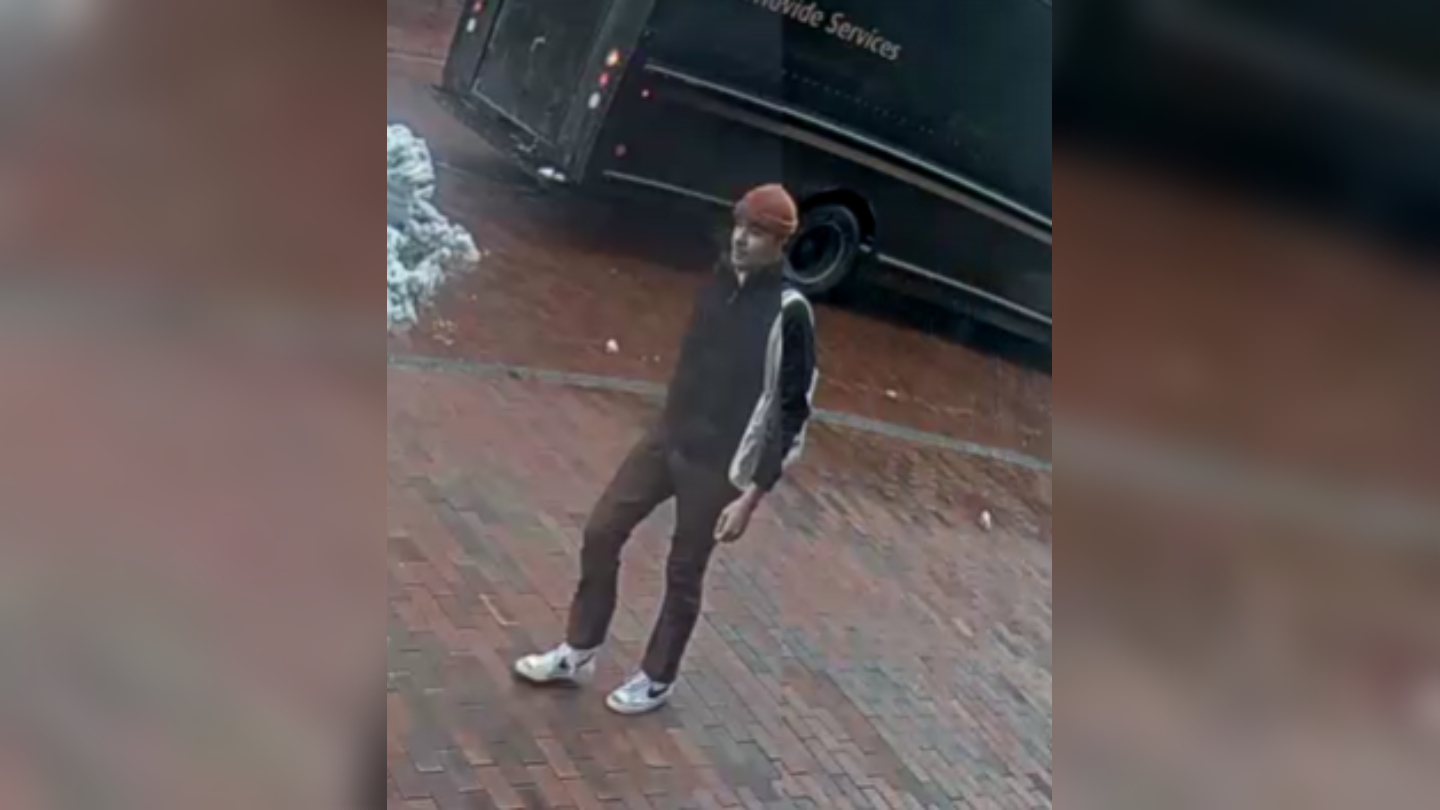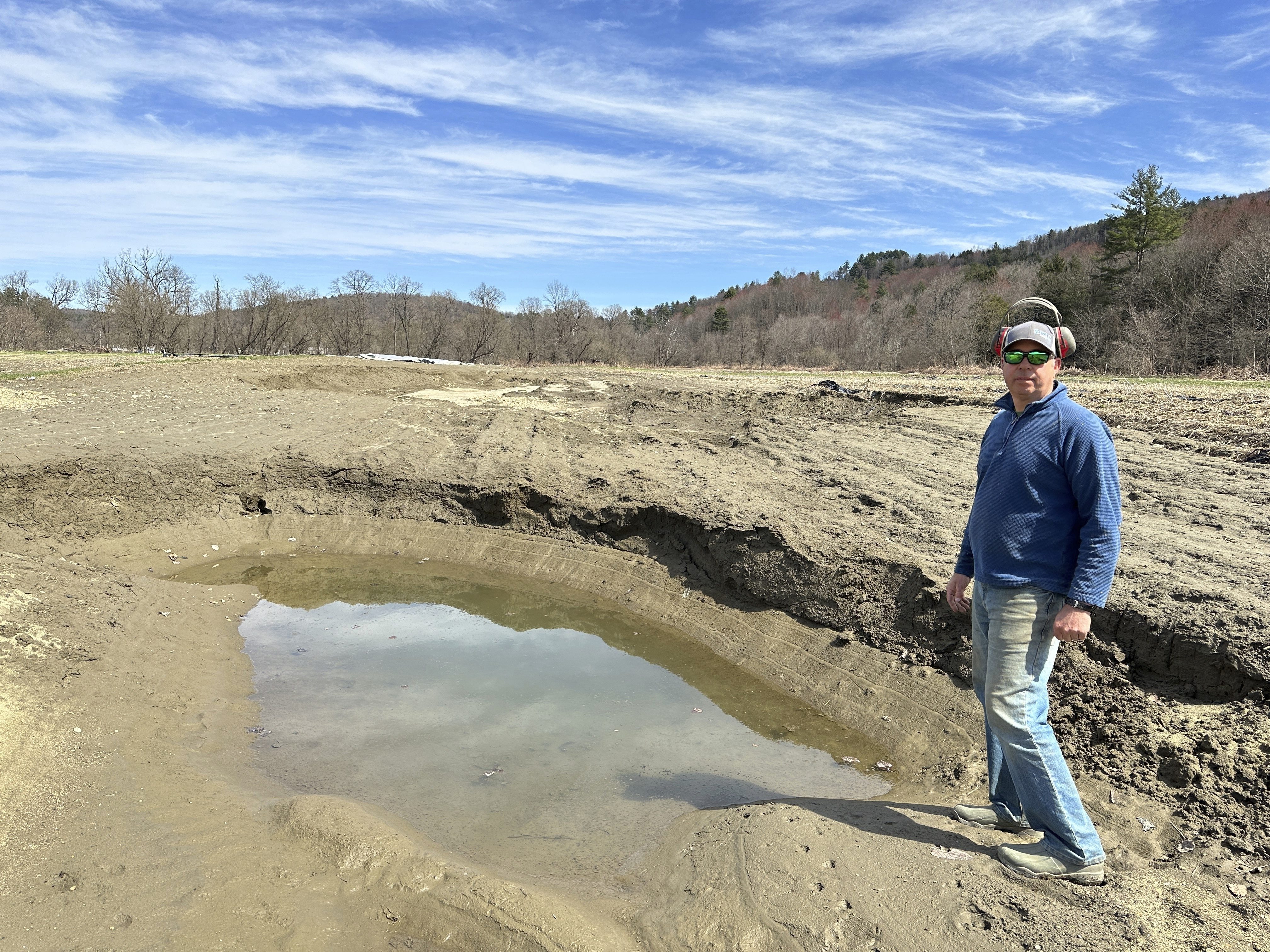Vermont’s governor is expected to receive a piece of legislation any day now that will have him deciding whether recreational marijuana should be legalized in his state.
Gov. Phil Scott, R-Vermont, has not definitively said how he’ll come down on the issue, so opponents and supporters of legal pot are turning up the pressure.
“It’s what the people of Vermont want,” Laura Subin of the Vermont Coalition to Regulate Marijuana said about legislation that passed the Vermont House Wednesday.
“We would ask him to veto the legislation,” countered Hinesburg Police Chief Frank Koss, referencing Gov. Scott.
Wednesday, a bill passed the Vermont House that would allow people 21 and up to possess as much as an ounce of marijuana, starting in July 2018.
They could also have a handful of pot plants at home for personal use.
Additionally, the bill would create a commission to study possible retail sales of the drug, down the line. Those sales would be regulated and taxed through state-licensed facilities, as Massachusetts and Maine plan to handle it.
Vermont
The latest news from around the state
“I’ll take a look at the bill,” Gov. Scott said Wednesday, shortly after the House vote. “I haven’t looked at it in detail.”
In the past, Scott has said he wants to see greater emphasis both in his state and around New England on roadway safety. As marijuana legalization inches forward elsewhere in New England, Scott has called for regional discussions on impairment standards and enforcement.
Supporters and opponents of legalized marijuana told necn Thursday they have launched robust campaigns to attempt to influence the governor’s decision on pot, including email blasts to calls to his office.
“We cannot keep our heads in the sand,” Subin said, noting an estimated 80,000 Vermont residents enjoy cannabis and would like to see the legislation enacted. “Given the long legacy of harm that’s been done in the name of marijuana prohibition, it’s an appropriate reform; it’s a reform that Vermont is certainly more than ready for.”
On the other side of the debate, the Vermont Association of Chiefs of Police has now warned two administrations in Montpelier of potential challenges marijuana legalization could pose to enforcing driving rules.
“That is a tremendous risk,” Chief Jennifer Morrison of the Colchester Police Department said of her concerns over potentially impaired drivers. “It is a very murky area when we start getting into trying to quantify the amount of THC that qualifies as impairment.”
After Gov. Scott formally receives the marijuana legalization bill, he’ll have five full days to decide whether to veto it or to allow it to become law.



